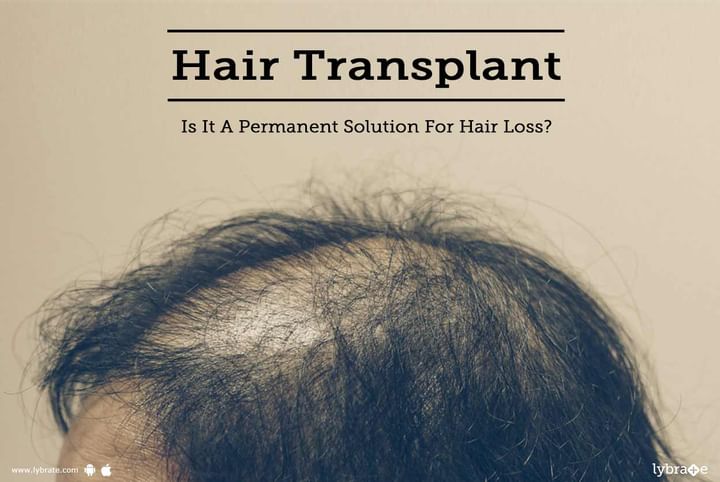Hair Transplant: Is It A Permanent Solution For Hair Loss?
Hair transplant surgery is the technique wherein hair is taken out from other parts of your body and grafted on the scalp to treat baldness. Basically, these are such hair follicles that are genetically resistant to balding; therefore, they serve as a permanent treatment for hair loss. Experts believe that in most cases, hair transplant surgery is a lasting option.
How long does the transplant last?
If you are worried about the length of time for which your hair transplant will last, you can be assured that it may even last a lifetime. Only a few among the transplanted hair are lost with time but this loss is not very noticeable.
Reason why hair transplant surgery can be considered as a lasting option
Hair transplant surgery is naturally a lasting and safe treatment for hair loss, as the chances for your body to reject the intervention in the form of implanted hair is minimal. This is because the technique that is used involves taking your own hair out from the follicle roots, (mostly from areas like the neck or the back and sides of your head) where they are not needed so much and place them in specially designed holes in the bald areas. Since no external factors are involved, the body does not tend to reject the transplant.
Supplementary Treatment
Hair transplant surgery is anyway a lasting option but just as everything else, it may require a little care over time. Hair may still be lost from those parts of your head that have not been subject to the implantation, so those areas do require little efforts in order for you to maintain the overall results. Occasional touch-up sessions along with easy, non-surgical treatments such as laser therapy, rogaine, and Propecia would ensure a permanent and lasting solution to all your problems related to hair loss and baldness. Such supplementary treatment solidifies the hair follicles that have been transplanted and also decreases the chances of hair loss from hair follicles that were not treated during transplantation. If you wish to discuss about any specific problem, you can consult a Dermatologist.



+1.svg)
